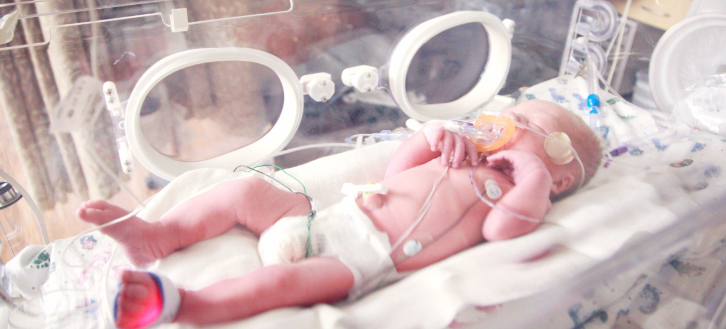Gaps in the literature about inequities in epilepsy should be addressed to achieve more equitable and patient-centered care, according to a study published in Neurology Clinical Practice. Merhawit Ghebrehiwet, MD-candidate, and colleagues assessed current literature on health inequities in epilepsy, specifically examining race/ethnicity, sex or gender, income, occupation status, education level, under- resourced/rural populations, and LGBTQ+ patients. The researchers included 45 studies in their sample. The most frequently reported inequities included income (18/45; 40.0%), underresourced/ rural populations (15/45; 33.3%), and race/ethnicity (15/45; 33.3%). The inequity reported on the least was LGBTQ+, with no studies in the sample covering this area. “The findings of our study suggest that gaps exist in literature concerning epilepsy and inequities,” Ghebrehiwet and colleagues wrote. “With the ultimate goal of more equitable and patientcentered care in mind, it is vital that future studies endeavor to fill in these determined gaps.”



















Create Post
Twitter/X Preview
Logout